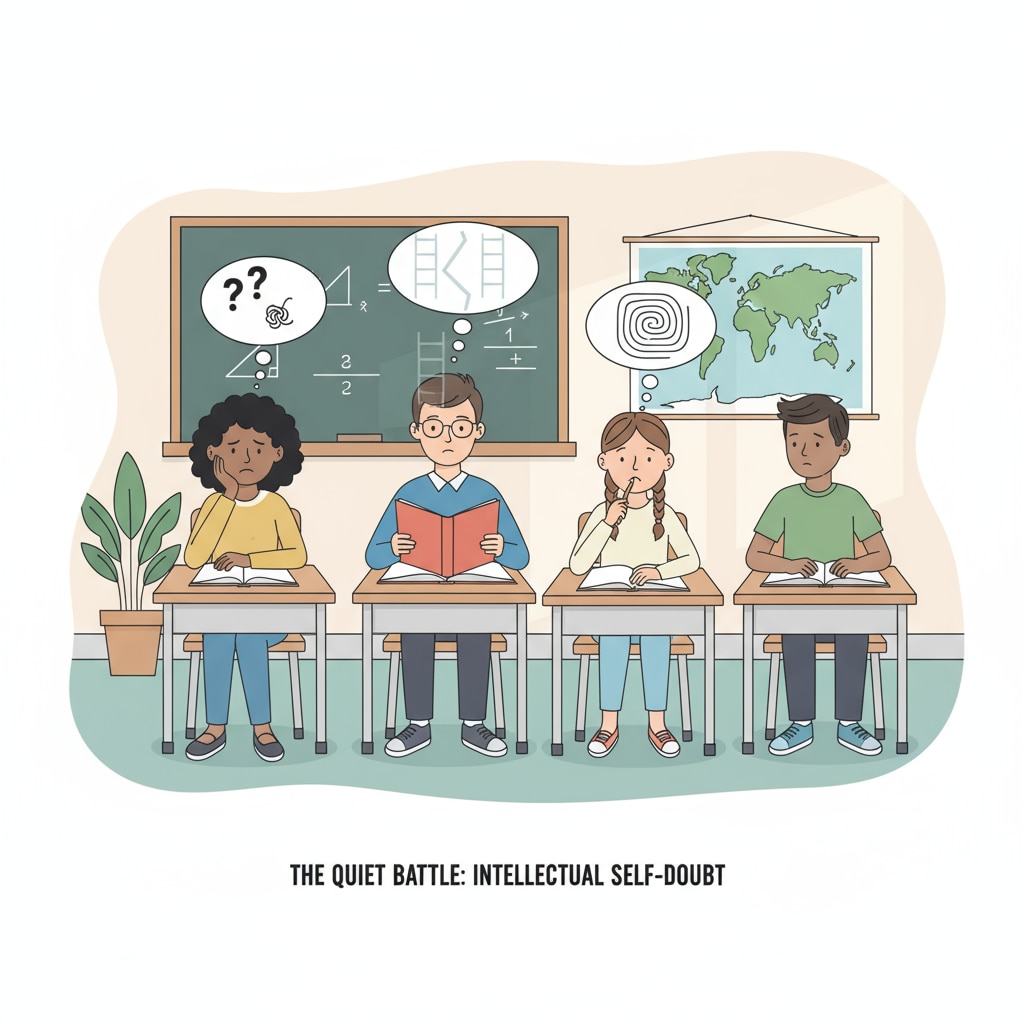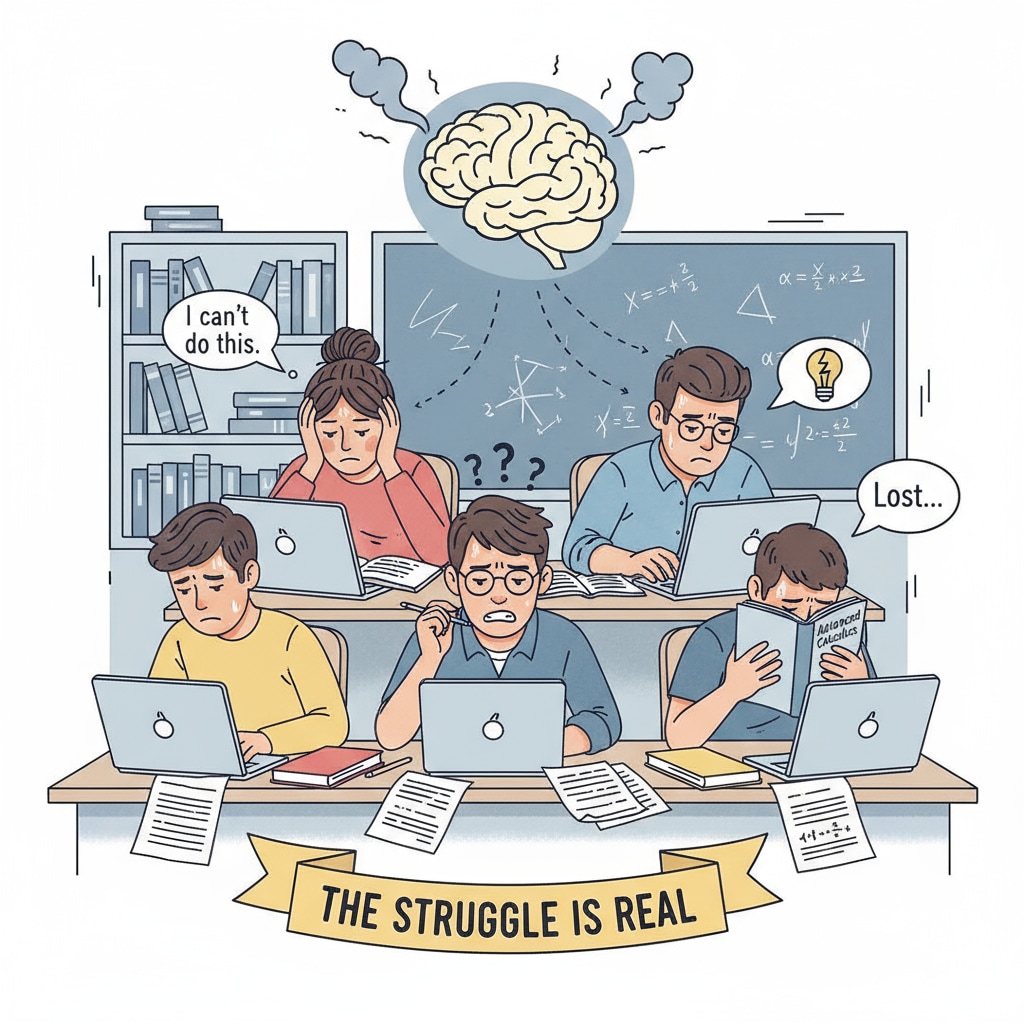In the context of intellectual disabilities, regular classrooms, and self-perception, a silent yet impactful issue often surfaces among students in normal K12 educational environments – intellectual self-doubt. This phenomenon can have far-reaching consequences for students’ academic progress and overall well-being.

The Prevalence of Intellectual Self-Doubt in Regular Classrooms
Intellectual self-doubt is more common than one might think in regular classrooms. Many students, despite not having any formal intellectual disabilities, experience moments of uncertainty about their intellectual capabilities. For example, when faced with challenging academic tasks, they may start to question whether they are smart enough. According to American Psychological Association research, a significant number of students in regular classes struggle with self-doubt related to their intellectual abilities. This can stem from various factors, including high academic expectations, peer pressure, and a competitive learning environment.

Factors Contributing to Intellectual Self-Doubt
One major factor is the comparison with peers. In a regular classroom, students are constantly exposed to their classmates’ achievements. If a student sees others excelling while they struggle, it can lead to self-doubt. Additionally, teaching methods that focus solely on academic performance can also play a role. For instance, if grades are the primary measure of success, students who receive lower grades may begin to think they are intellectually inferior. Moreover, parental expectations can add to the pressure. If parents have very high hopes for their children’s academic success, it can create an environment where students feel they are never good enough.
Readability guidance: The paragraphs are kept short to enhance readability. Transition words like ‘for example’ and ‘additionally’ are used to connect ideas smoothly. The passive语态 is avoided as much as possible, and the sentences are of an appropriate length.
The Impact on Students’ Learning Development
Intellectual self-doubt can significantly hinder students’ learning development. When students doubt their intelligence, they may be less motivated to engage in learning activities. This lack of motivation can lead to decreased effort and ultimately poor academic performance. As a result, it can create a vicious cycle, where self-doubt further intensifies due to low performance. Furthermore, it can also affect students’ mental health, causing anxiety and low self-esteem. According to a study on NCBI, students with high levels of intellectual self-doubt are more likely to experience mental health issues.
To address this issue, educators and parents play crucial roles. They need to help students develop a more positive self-perception. By providing support, encouragement, and alternative ways of measuring success, students can gradually overcome their intellectual self-doubt and thrive in regular classrooms.


